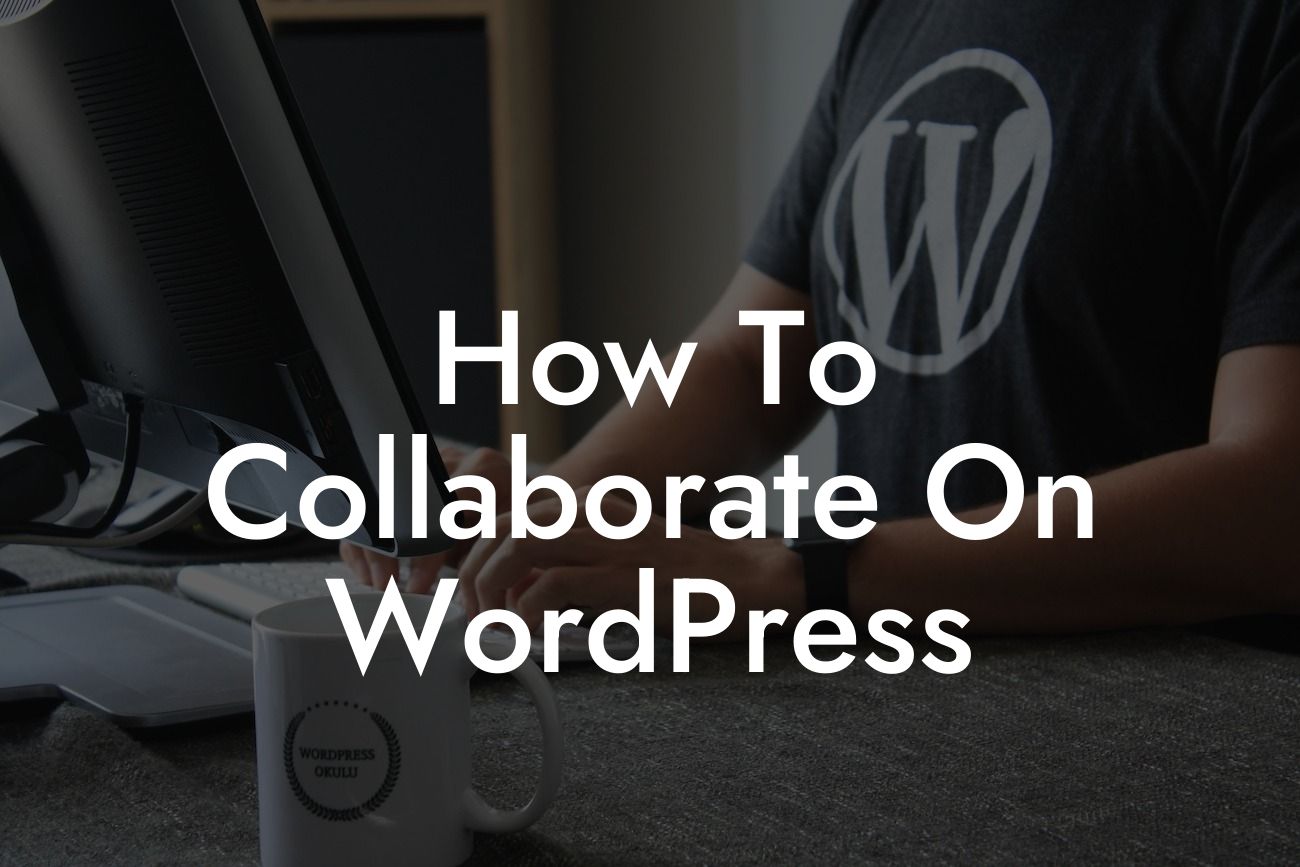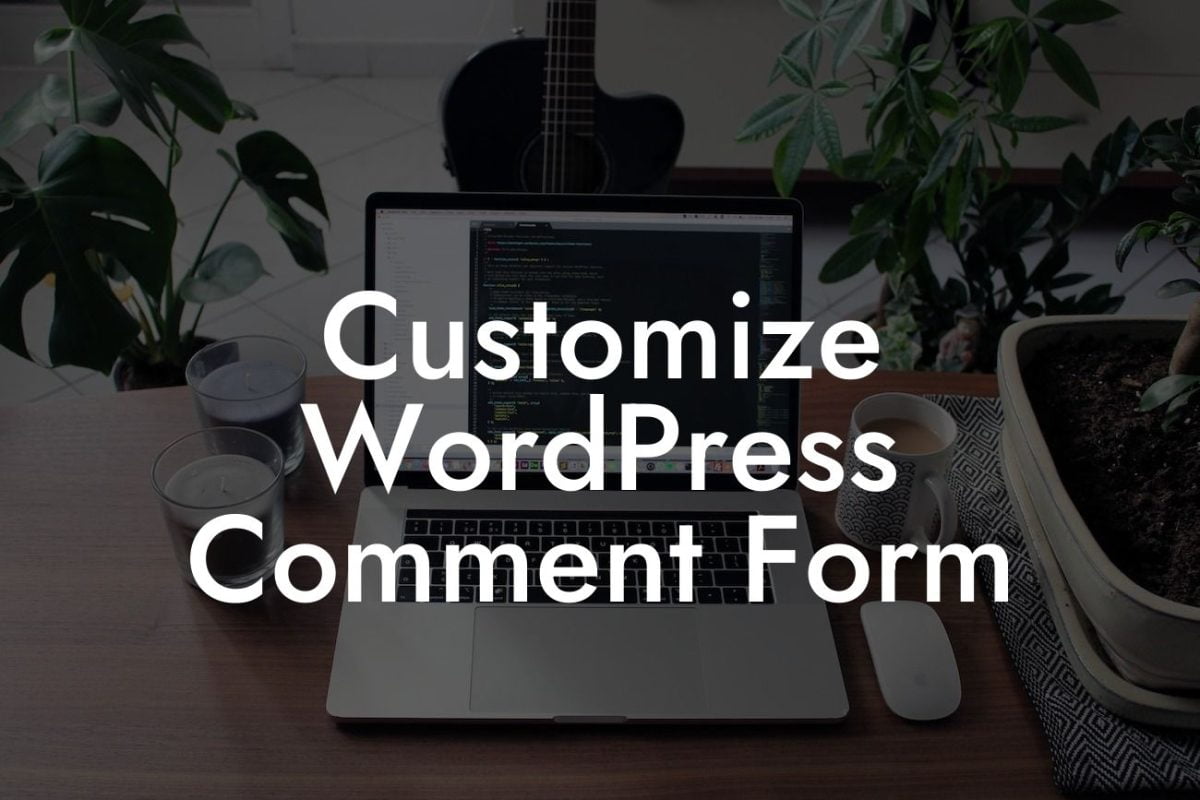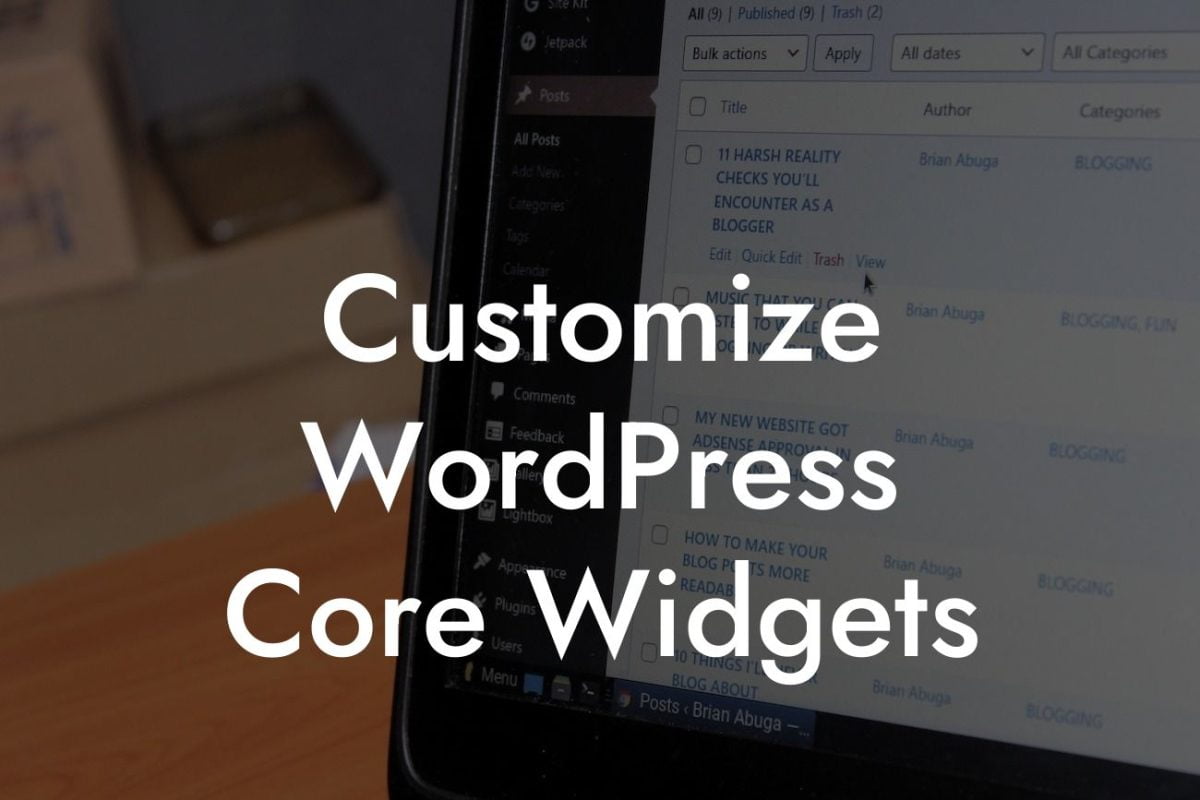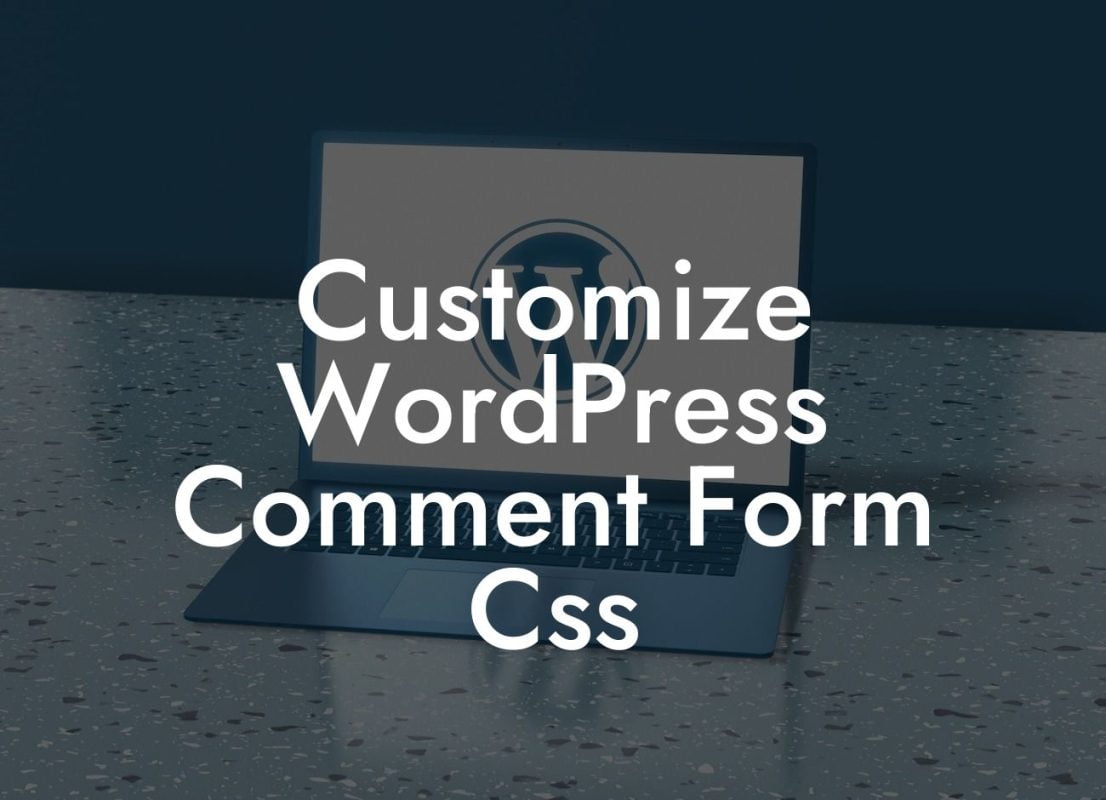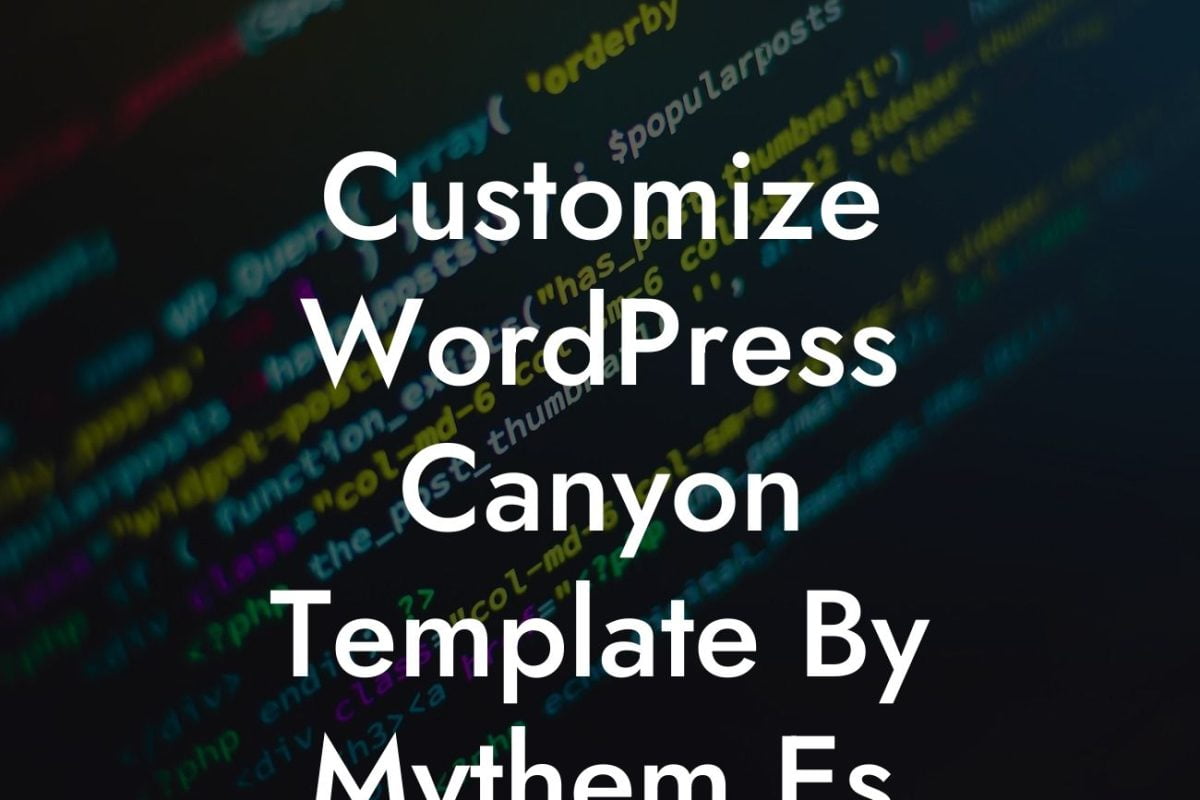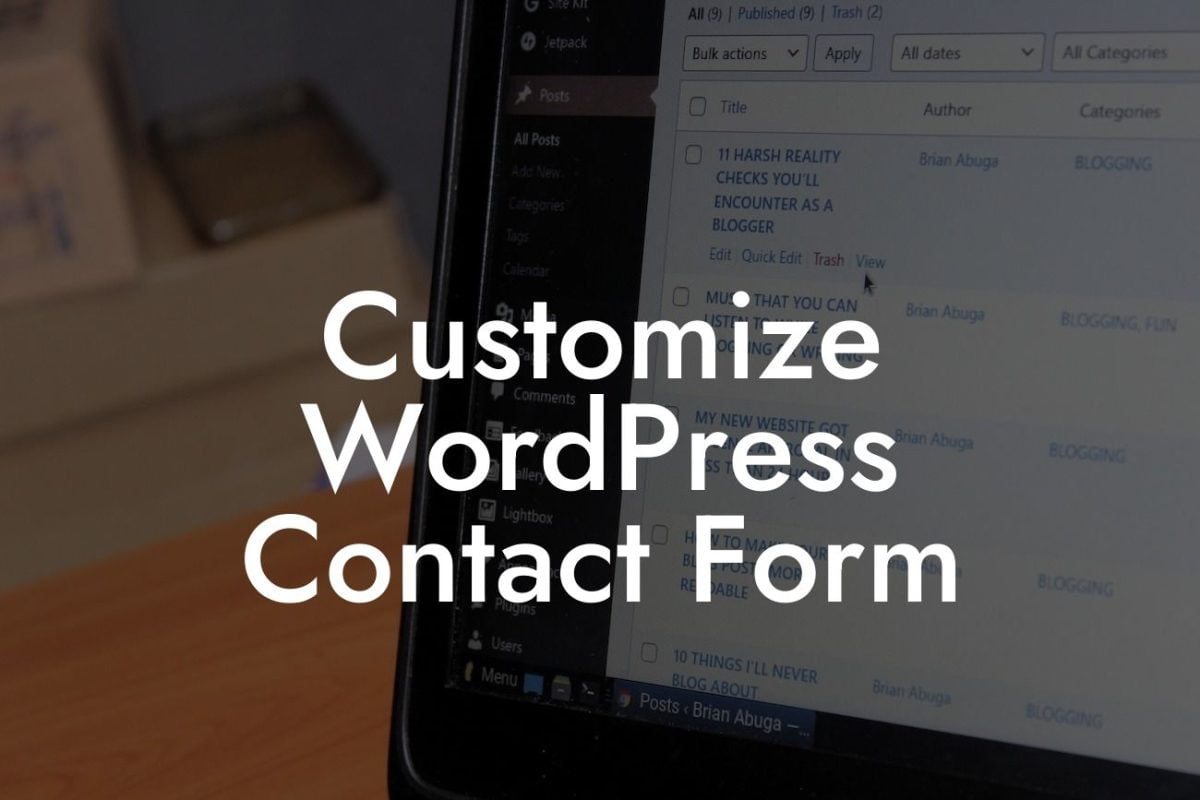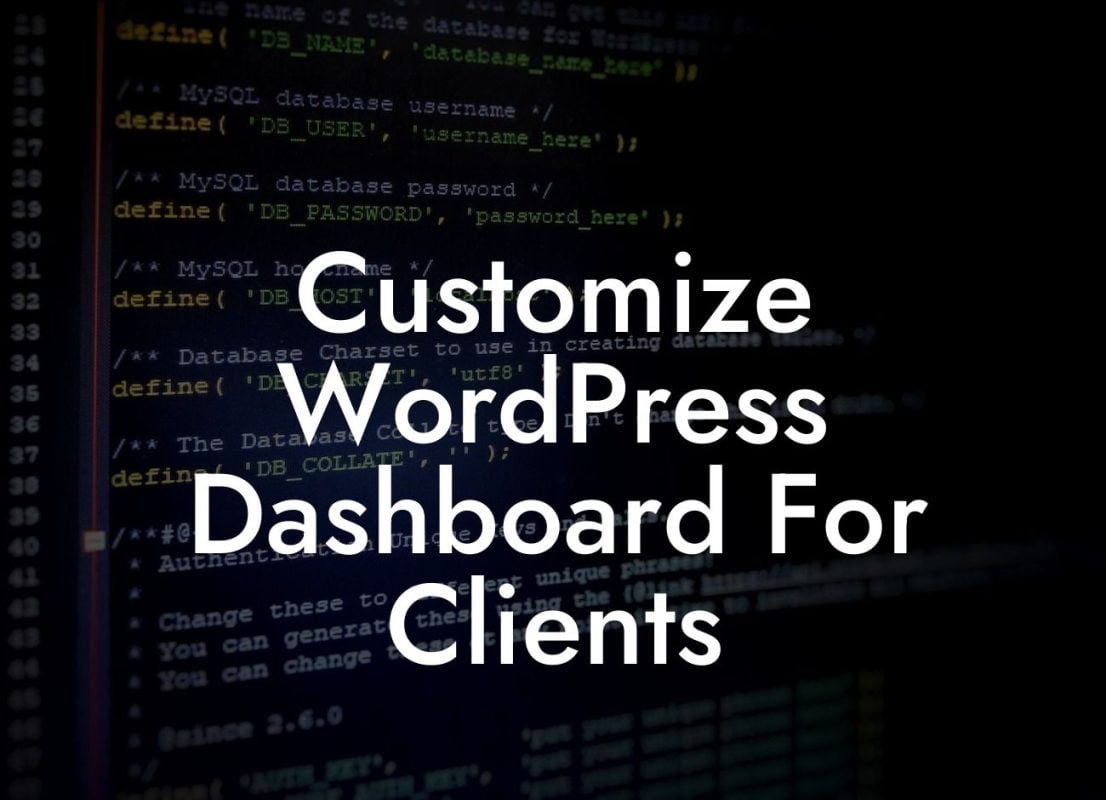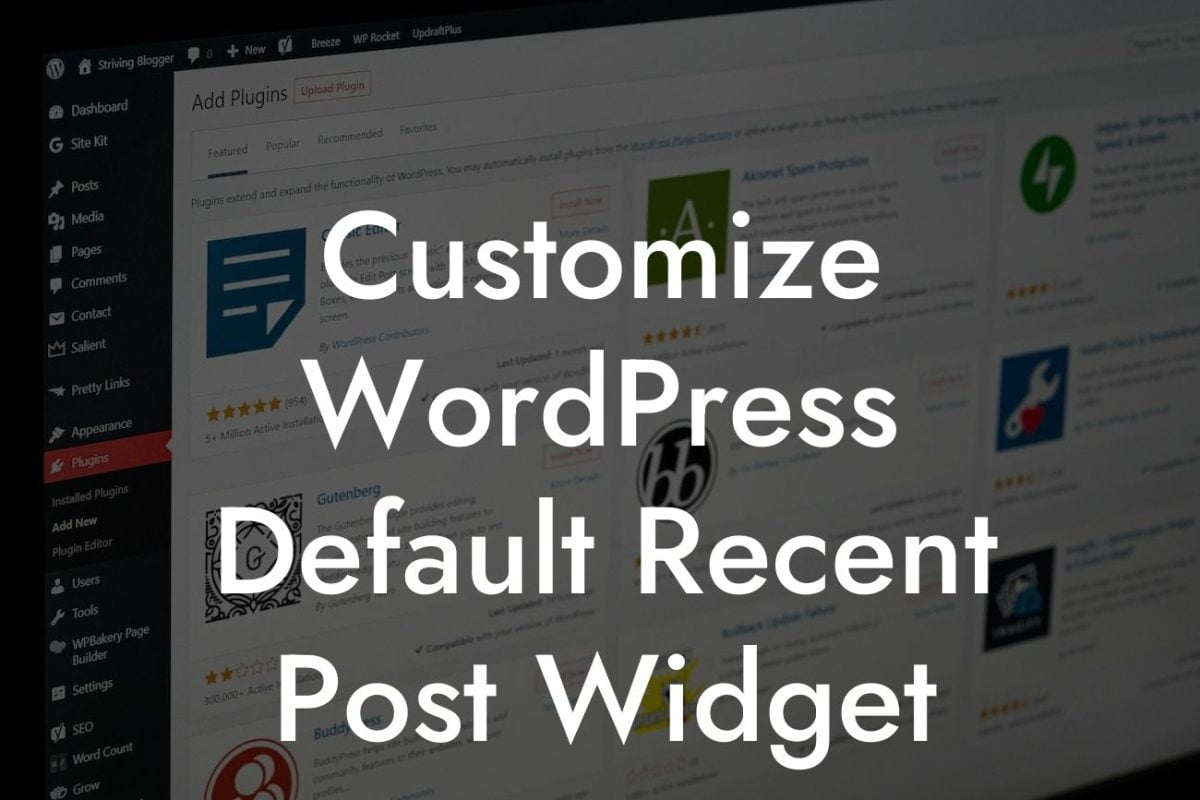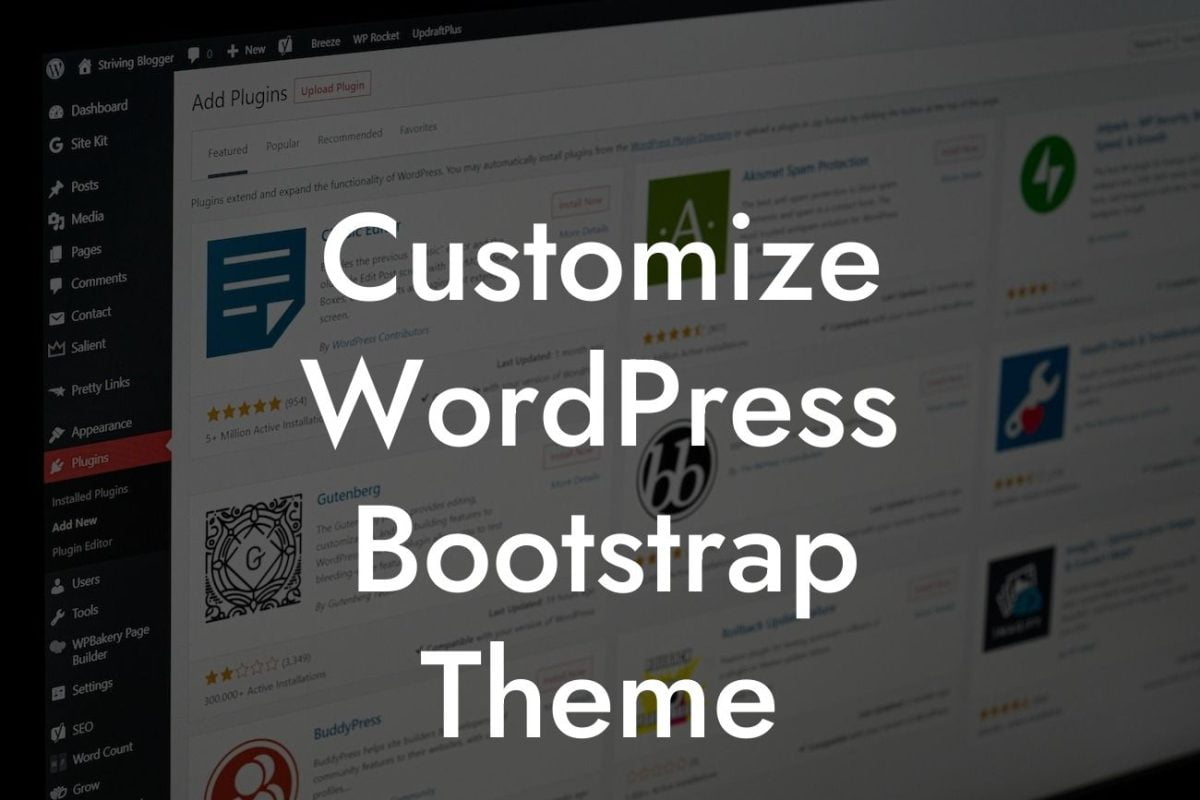Collaboration is key in today's digital age, especially for small businesses and entrepreneurs. If you're using WordPress to power your website, you're already at an advantage. WordPress offers a range of features and functionalities that make collaborating with others a breeze. In this detailed guide, we will explore the ins and outs of collaborating on WordPress, giving you valuable insights and tips to enhance your online presence and supercharge your success.
Collaborating on WordPress can take various forms, from working with a team of contributors to engaging with your audience through comments and feedback. Here's a breakdown of the different aspects of collaboration and how you can utilize them effectively.
1. User Roles and Permissions:
WordPress allows you to assign different user roles and permissions to individuals within your team. This ensures that everyone has the appropriate level of access and control over your website. From administrators to editors, authors, and contributors, each role has specific capabilities and limitations. Understanding these roles and assigning them accordingly can streamline the collaborative process and ensure the security of your website.
2. Content Collaboration:
Looking For a Custom QuickBook Integration?
Creating quality content is crucial for your online success. With WordPress, you can easily collaborate with others on content creation. Utilize plugins such as Co-Authors Plus, which allows multiple authors to contribute to a single post. This way, you can invite guest bloggers or team members to share their expertise and diversify your content.
3. Workflow and Editorial Calendar:
To maintain an organized collaboration process, establish a workflow and create an editorial calendar. Tools like Edit Flow and Editorial Calendar allow you to manage tasks, deadlines, and content scheduling efficiently. By having a clear roadmap, you can ensure that everyone is on the same page and that content is delivered promptly.
4. Comment and Feedback Management:
Interacting with your audience is vital for building engagement and improving your products or services. WordPress provides comment moderation and notification features that enable you to respond to user feedback promptly. Engage with your readers, listen to their suggestions, and make improvements based on their insights.
How To Collaborate On Wordpress Example:
Let's say you run a small business offering web design services. By collaborating on WordPress, you can involve your clients in the design process. Utilize plugins like WP Feedback to efficiently collect client feedback and make real-time changes. This not only saves time but also ensures that your clients are actively involved and satisfied with the final outcome.
Collaboration is the key to unlocking your full potential on WordPress. By harnessing the power of collaboration, you can create exceptional websites, engage with your audience, and stand out from the competition. Explore the range of DamnWoo plugins that facilitate collaboration and take your online presence to new heights. Don't settle for cookie-cutter solutions. Embrace the extraordinary with DamnWoo.
Remember to share this article with others who can benefit from it. Stay tuned for more informative guides on DamnWoo and try out our awesome plugins to supercharge your WordPress experience. Together, let's elevate your online success!

